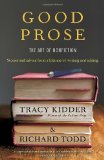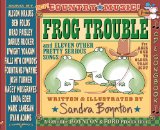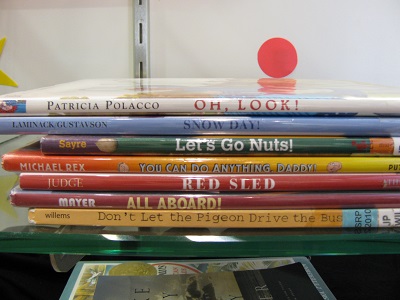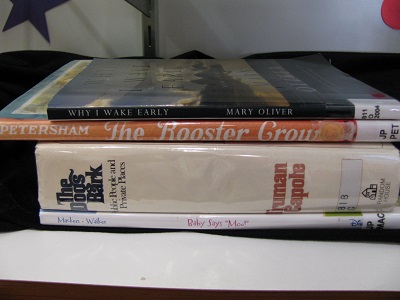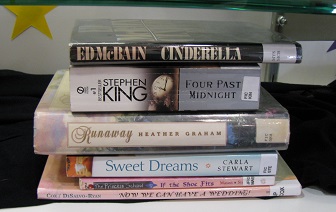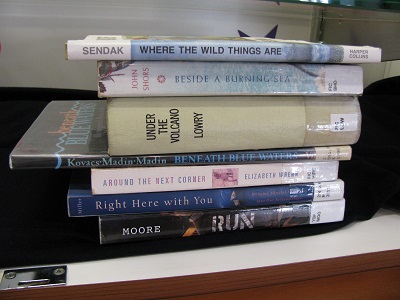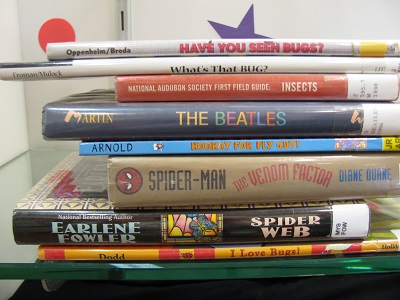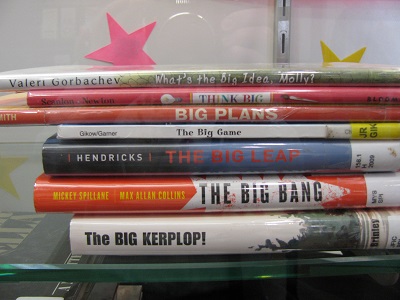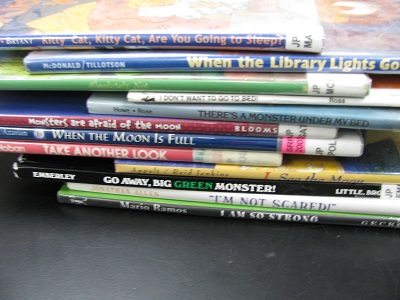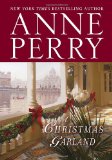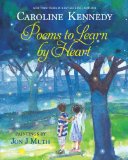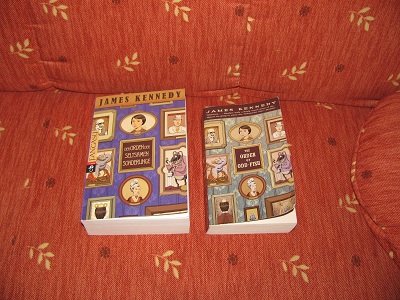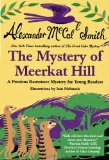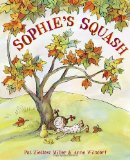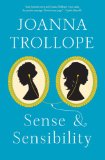Review of Good Prose, by Tracy Kidder and Richard Todd
The Art of Nonfiction
Stories and advice from a lifetime of writing and editing
by Tracy Kidder & Richard Todd
Random House, New York, 2013. 195 pages.
Starred Review
Tracy Kidder writes good nonfiction. On Sonderbooks, I’ve reviewed Mountains Beyond Mountains and Strength in What Remains, and I read Among Schoolchildren long before I started writing Sonderbooks.
Good Prose is a book written by Tracy Kidder and his long-time editor, Richard Todd, about the writing process. It throws in the story of their collaboration and friendship along the way, but mostly it gives lots of insights about writing good prose.
It’s no surprise that the writing in this book is exceptionally good. So to review this book, I’m going to simply offer several example paragraphs.
Even the stories about their friendship are insightful. I like this bit from the Introduction:
A long association had begun. Todd knew only that he had a writer of boundless energy. For Kidder, to be allowed not just to rewrite but to rewrite ad infinitum was a privilege, preferable in every way to rejection slips. And as for Todd, it was possible to imagine that a writer willing to rewrite might turn out to be useful. Todd once remarked to a group of students, never expecting he would be quoted, “Kidder’s great strength is that he’s not afraid of writing badly.” The truth was that Kidder was afraid of writing badly in public, but not in front of Todd. Kidder would give him pieces of unfinished drafts. He would even read Todd passages of unfinished drafts, uninvited, over the phone. Very soon Todd understood when he was being asked for reassurance, not criticism, and would say, “It’s fine. Keep going.” When a draft was done, Todd would point out “some problems,” and another rewrite would begin.
That ritual established itself early on and persisted through many articles and Kidder’s first two books. A time came — midway through the writing of Among Schoolchildren, about a fifth-grade teacher — when Kidder began revising pages before Todd had a chance to read them. This was a means of delaying criticism forever. No doubt that was Kidder’s goal, and he could remain happily unaware of it as long as he kept on rewriting. Things went on that way for a while, until Todd said, in the most serious tone he could muster, “Kidder, if you rewrite this book again before I have time to read it, I’m not working on it anymore.” Kidder restrained himself, and the former routine was reestablished.
Here are some tidbits from a section on Characters:
Some general truths apply. For instance, one sure way to lose the reader is trying to get down everything you know about a person. What the imaginative reader wants is telling details. Characters can emerge in long descriptive passages, as in Tolstoy, but brevity can also work. Graham Greene rarely gives us more than a detail or two — a face “charred with a three days’ beard” or a pair of “bald pink knees” — and Jane Austen often gives us less than that, and yet the people those writers create have come alive for generations of readers.
Whether it is brief or lengthy, mere description won’t vivify a statue. What we want are essences, woven into a story in moments large and small. A character has a wart. You could describe it in detail, but the reader would probably see it more clearly if you described not the wart but how the character covers it when he’s nervous.
Here’s a paragraph from the chapter on essays:
When you write about your own ideas, you put yourself in a place that can feel less legitimate than the ground occupied by reporters or even by memoirists, who are, or ought to be, authorities on their subjects. An all-purpose term describes efforts at sharing your mind: the essay. As an essayist you can sometimes feel like a public speaker who must build his own stage and lectern. Essays are self-authorizing. This is the dilemma but also the pleasure of the form. The chances are that nobody asked for your opinion. But if your idea is fresh, it will surprise even someone, perhaps an assigning editor, who did ask.
And from the chapter on style:
We think of an author’s style as if it were some sort of fixed identity, but it is made up of an accumulation of granular decisions like this one. I remember once in those early days giving Kidder some advice about style. I said in effect, “Look, you are not always the calmest and most reasonable person in the room, and there is no need to be. But you admire such people. Why don’t you just pretend to be a reasonable man in your prose?” I think it was useful advice, actually, but it’s not as if a style is a one-time discovery. It is created and re-created sentence by sentence, choice by choice.
And finally, here’s how they sum up the book, again from the Introduction:
Good Prose is mainly a practical book, the product of years of experiment in three types of prose: writing about the world, writing about ideas, and writing about the self. To put this another way, this book is a product of our attempts to write and to edit narratives, essays, and memoirs. We presume to offer advice, even the occasional rule, remembering that our pronouncements are things we didn’t always know but learned by attempting to solve problems in prose. For us, these things learned are in themselves the story of a collaboration and a friendship.
The result is a book both instructive and entertaining.
Find this review on Sonderbooks at: www.sonderbooks.com/Nonfiction/good_prose.html
Disclosure: I am an Amazon Affiliate, and will earn a small percentage if you order a book on Amazon after clicking through from my site.
Source: This review is based on a library book from Fairfax County Public Library.
Disclaimer: I am a professional librarian, but I maintain my website and blogs on my own time. The views expressed are solely my own, and in no way represent the official views of my employer or of any committee or group of which I am part.
